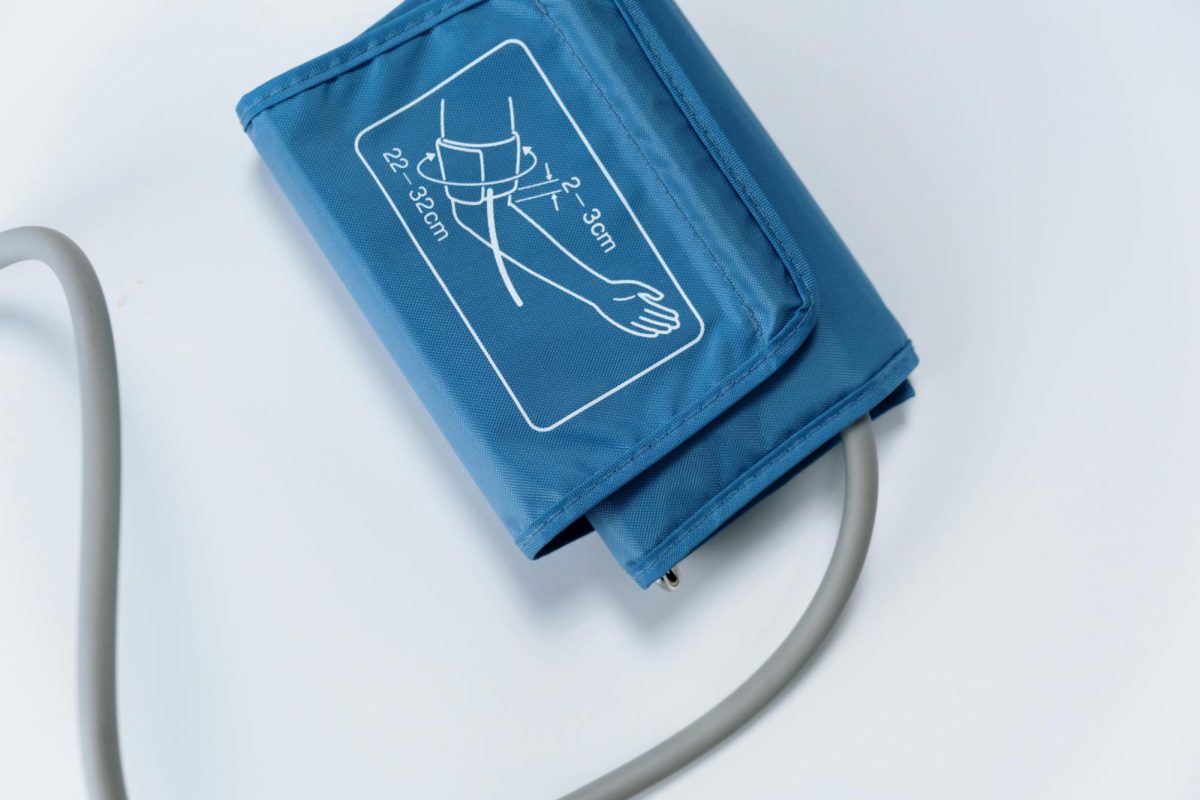GROSSMONT COLLEGE – There is a story that will probably go on for years. It is about Henrietta Lacks, who is still living 60 years after her death — through her cells. How can that be?
Henrietta Lacks was born in the 1920’s into a poor, southern African-American family. She was diagnosed with terminal cancer in 1951 and was treated at Johns Hopkins University. She did not survive the cancer.
But while she was being treated the doctor took cells from her cervix without her consent and those cells have been used in over 60,000 studies. Her cells are so well-known, they even have a nickname: He-La cells. They have been used in research on polio, cancer, AIDS and other diseases.
For two decades, Lacks’ family was not informed of her cells’ role in medical research. After learning the truth, some members of the family were given college scholarships, but although medical researchers and pharmaceutical companies have profited from the use of Lacks’ cells, her family has remained relatively impoverished.
Proper compensation is only one of many ethical issues stemming from this case. One of the directors in the special Henrietta Lacks study project at Grossmont College, Tate Hurvitz, an assistant professor of English, says “if they just stopped using her cells it would stop the progress in treating these diseases so far. If they had to start using someone else’s cells they would just be having to start all over again.”
Examining this and other issues arising from the case, Grossmont College has encouraged quite a few departments including Nursing, English, and History to study and comment upon Henrietta Lacks’ experience. Other colleges in California and schools across the country also are using the case of Henrietta Lacks in their studies.
As one of the directors involved in the campus program, Hurvitz is collaborating with fellow English Department faculty members Sue Jensen, a professor, and Joan Ahrens, an assistant professor. The Immortal Life of Henrietta Lacks, a national best-seller by Rebecca Skloot, is being widely read on the campus.
Off-campus, “there are a lot of programs that are being held concerning this,” Hurvitz said. Participants across the county include The Voice of San Diego new organization, the San Diego Center for Ethics, and other colleges.
Various events on campus are planned this semester in connection with the Lacks’ study, including special lectures, debates and projects – which GC Summit.com anticipates covering on a regular basis.
*
Duren is a student in Media Comm 132. She may be contacted at [email protected]













